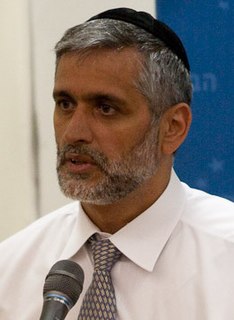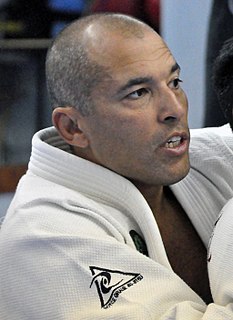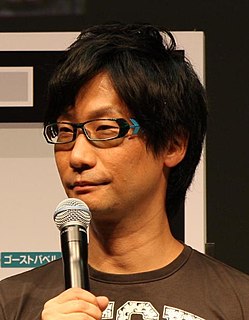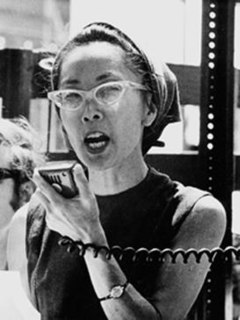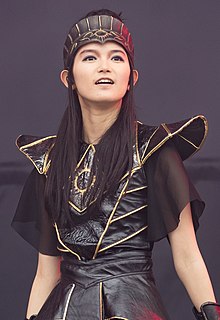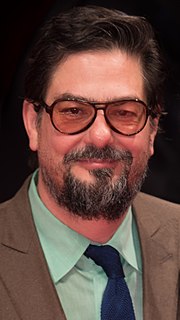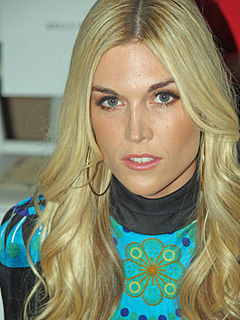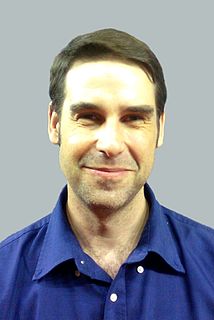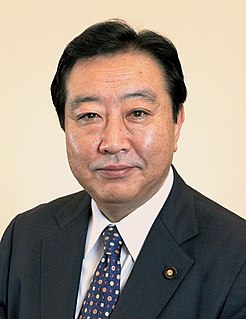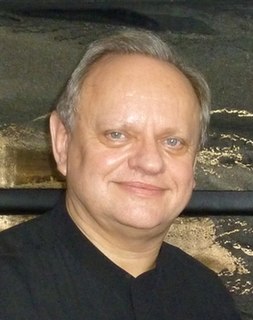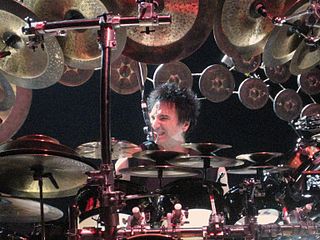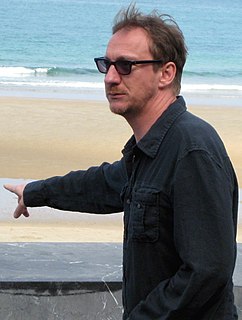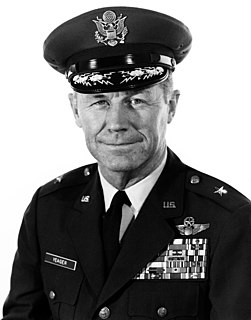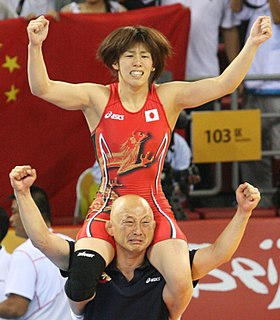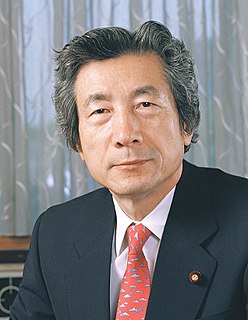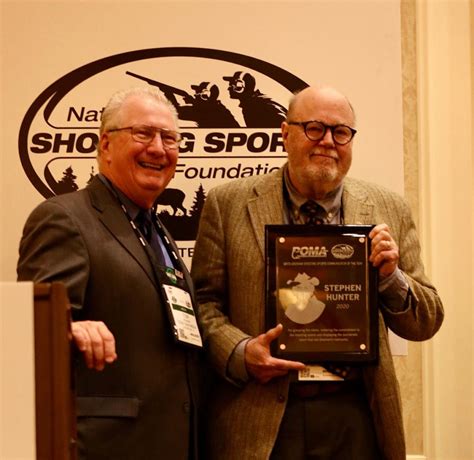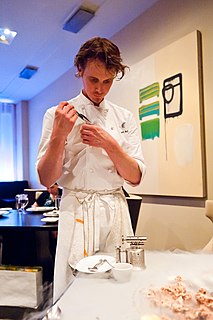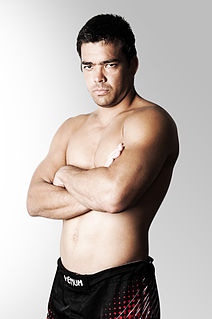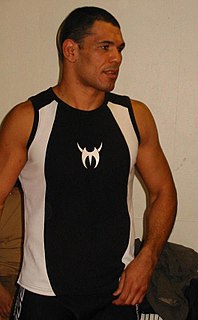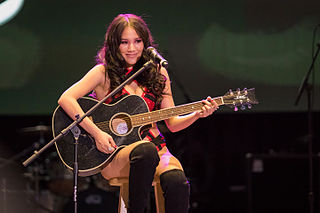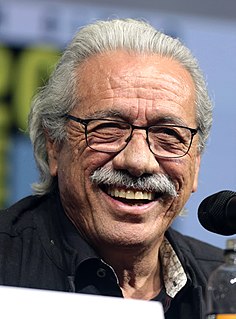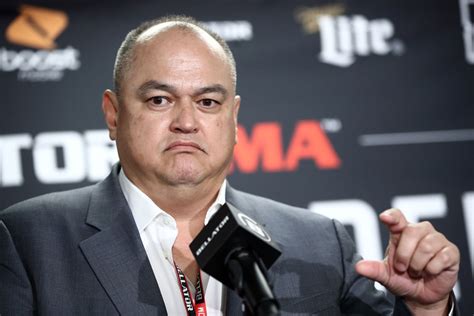Top 1200 Japanese Quotes & Sayings - Page 17
Explore popular Japanese quotes.
Last updated on September 19, 2024.
My grandfather was doing business with a Japanese man. In exchange of good relationship the man taught my uncles the art of jiu jitsu. My father couldn't do it because he was very weak, he couldn't do one press-up, so he just sat back and watched, and memorised. What he did was add leverage into the moves.
Beautiful and minimalist, the traditional Japanese art of ikebana - arranging bouquets of cut flowers and leaves using very few elements - ideally corresponded to a form of expression I could transpose in a perfume. The smell of a rose early in the morning, damp, sprinkled with dew, delicate and light.
Some friends of Israel believe that the Palestinians will never, in their hearts, accept a Jewish state in Palestine. Yet Germans and French, Chinese and Japanese, Mexicans and Americans have overcome their once insurmountable differences. Palestinians and Jews also have much to gain from peaceful coexistence.
When I became prime minister last September, I promised the Japanese people that I would not tolerate the politics of indecision. A propensity to delay difficult and weighty decisions has been hurting our country. It is detrimental to our economy, society and future, and it cannot be allowed to continue.
I have flown in just about everything, with all kinds of pilots in all parts of the world - British, French, Pakistani, Iranian, Japanese, Chinese - and there wasn't a dime's worth of difference between any of them except for one unchanging, certain fact: the best, most skillful pilot has the most experience.
Thinking ahead, in 2013, the Japanese government, together with pharmaceutical companies and the Bill & Melinda Gates Foundation, established a fund for promoting research and development of medical products for neglected tropical diseases (NTDs). The importance of planning for disease outbreaks was made clear with the Ebola virus.
I wrote in coffee shops in Japan when I was 22, 23, before I had the stamina to sit down and write. I liked the buzzy environment; I couldn't speak Japanese when I arrived, so it was kind of a white noise. It felt more sociable than being alone, but now, as I've developed a writing practice, I couldn't do it.
I think every culture - you can call it an American Ronin, a medieval knight errant, you could talk about 'Shane.' There is an archetype that I think is actually common to a lot of cultures, and even the Clint Eastwood stuff was probably as influenced by the Japanese stuff, and yet done by an Italian.
Just as there are many more Californians now to be found in the temples of Kyoto or the villages of Bali or the mountains of the Himalayas than ever before, what is also exciting is that one can just go downtown Santa Barbara and find ayurvedic medicine, Thai restaurants, and Japanese cars in abundance.
I like what I see now in China, but I think the Japanese are a step ahead into craziness and weirdness. I go to galleries there that are the size of a New York elevator, and every time I'm surprised by the amazing things I find. I really hope I'll be able to promote some of these artists, to show their work in the West.
Everybody has their own way of remembering and every culture has their traditions. When you compare the similarities and differences to other cultures, you start to learn about them and appreciate them. Whether it's the Japanese or the Africans, they all have ways of conjuring spirits and the support of those who have gone before them.
The 'snakebot', which is a type of mechanized, biologically inspired robot, itself has roots in Japanese laboratories of the 1970s. What the team at Pittsburgh-based Carnegie Mellon is doing today under professor Howie Choset is making the 'snakebots' stronger, smaller, and more maneuverable than ever.


